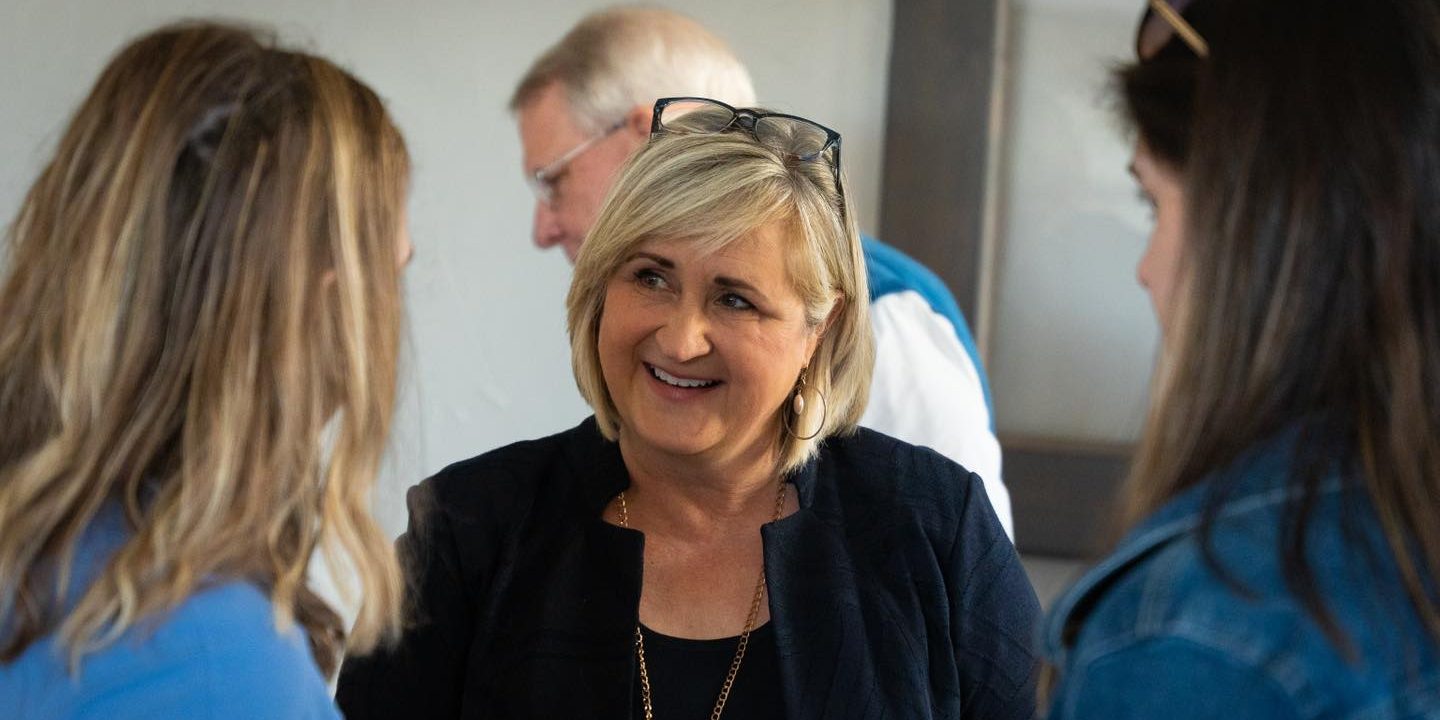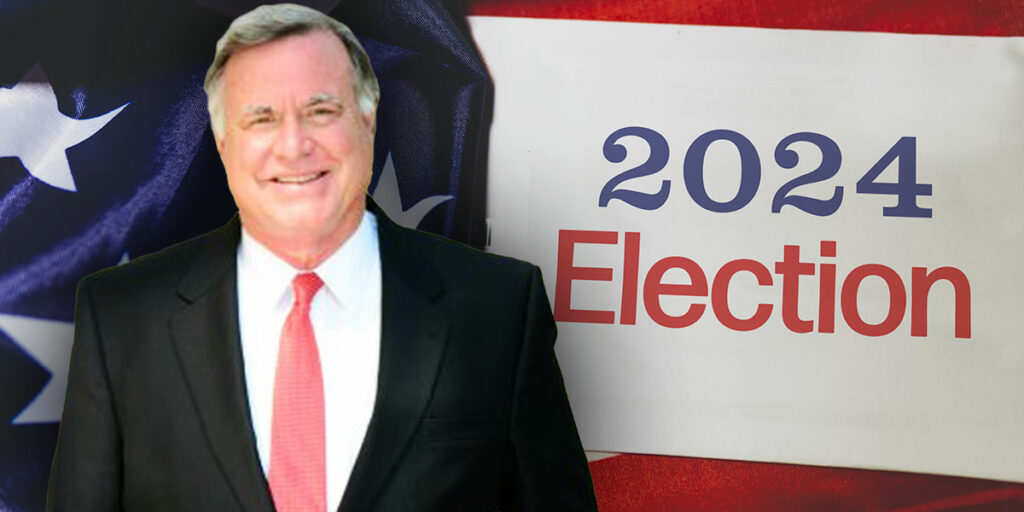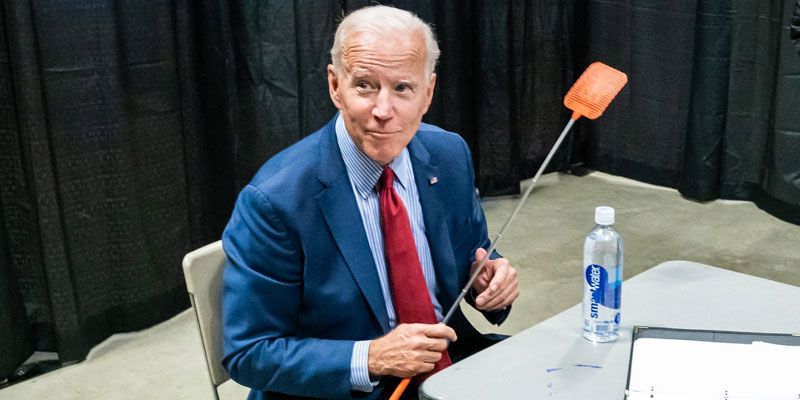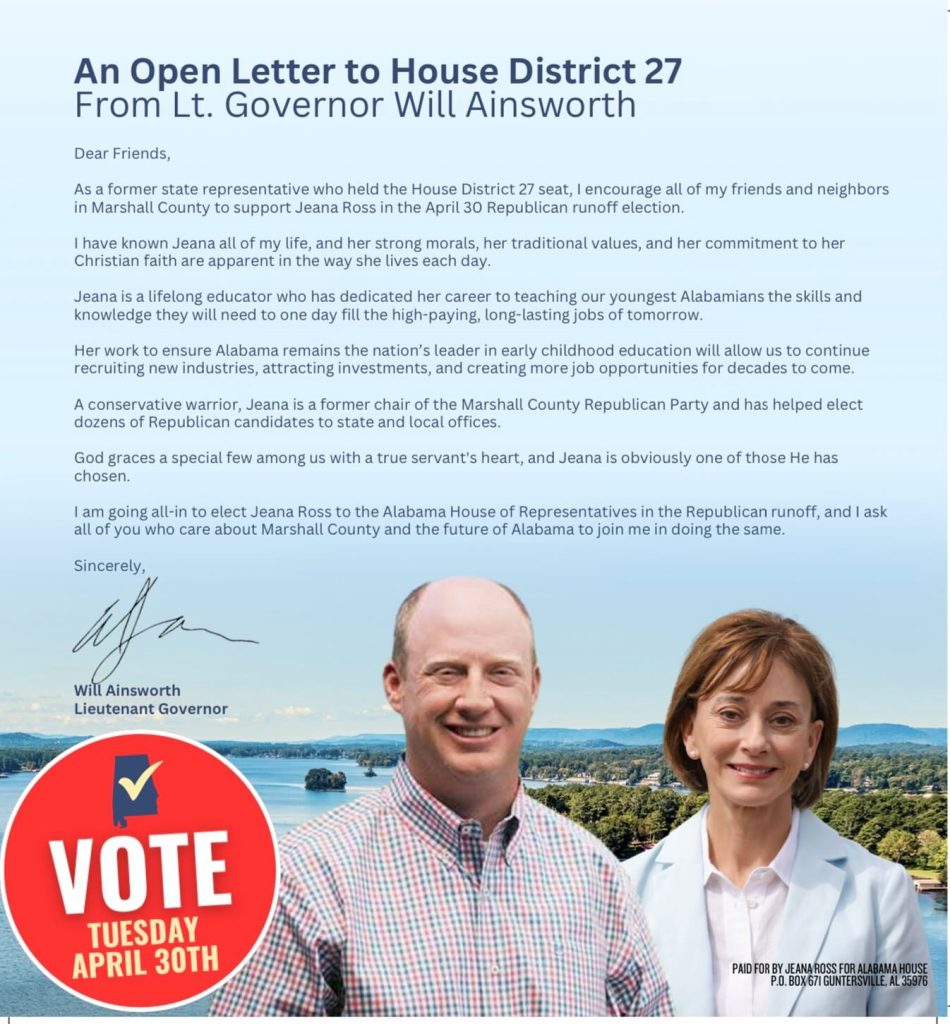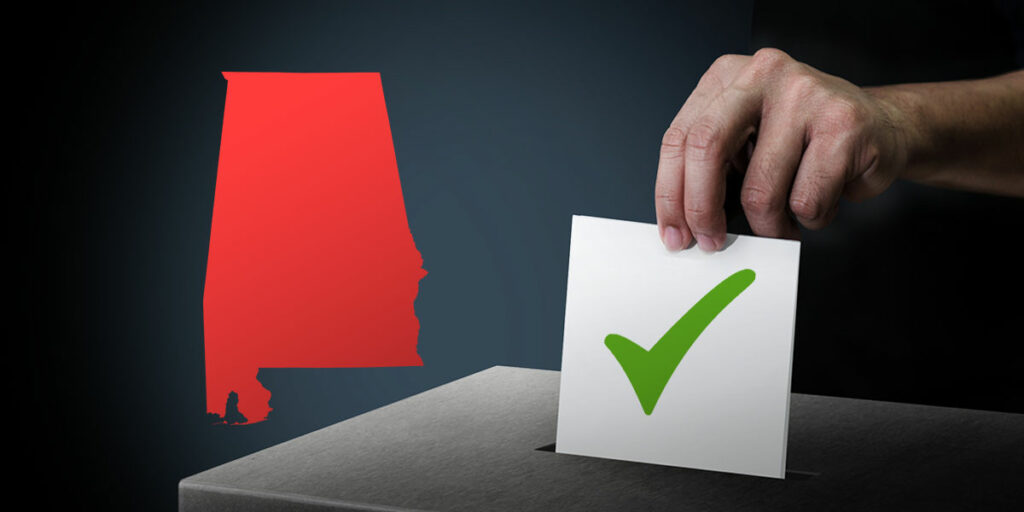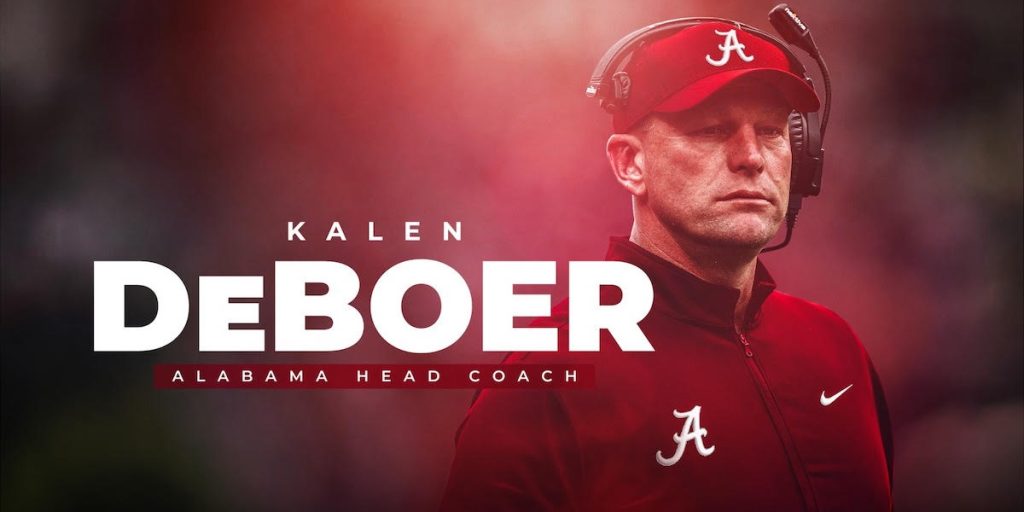As the race for Alabama Chief Justice heats up between Sarah Stewart and Bryan Taylor, we wonder about the future of our state Supreme Court. We have enjoyed conservative leadership for many years. Now, do we know where the candidates stand?
I have known and worked with Mr. Taylor for years and know him to be a judicial and social conservative, but I am concerned about Justice Stewart.
Her apparent support from plaintiffs’ trial lawyers—a voting block historically aligned with the liberal Democrat Party—ought to concern every Republican voter. The trial lawyers have given her hundreds of thousands of dollars in campaign contributions. And the values of Democrats are almost exclusively alien to conservatives.
Stewart vaguely claims to be a conservative, but she never offers any specifics. Nothing in her record supports that. At a recent meeting of the Shelby County Republican Executive Committee, Stewart went so far as to say, “Being a conservative judge is not equal to being a social conservative.” For those of us who care about a candidate’s judicial philosophy, especially as it might impact cases involving abortion and traditional family values, such a declaration sets off alarm bells.
Justice Stewart has a penchant for progressive ideas of social justice. As far back as her time as president of the student government at the University of Arkansas, she has a record of advocating for liberal ideology.
As SGA president, Stewart vetoed a bill passed overwhelmingly by the student government that would have prohibited public funds (the students’ money) from being spent to advocate for the “education” activity of the Gay and Lesbian Student Association (“GLSA”).
Perhaps even more concerning than her veto itself is the manner in which she criticized the conservative students. Stewart belittled the student senators who supported the traditional viewpoint in the same way Hillary Clinton mocked “deplorables.”
As reported by the student newspaper, Stewart called conservative students “bullies,” simply because they voted against the use of public funds for things like Pride parades. She speculated that senators who voted for the bill must have been insecure in “their own sexuality.”
She even used the threat of a lawsuit by the ACLU to intimidate the SGA from overriding her veto.
As someone who has been in the trenches fighting for the traditional, conservative, pro-family agenda for over two decades, I recognize the language so often used by the Left to insult and demonize us.
In the same era Stewart, was leading the Arkansas SGA in support of the GLSA agenda, I represented the Auburn SGA in its refusal to accept the GALA (gay lesbian student group) agenda there. The meaning of her action is not lost on me.
In defending her activism in favor of the GLSA, Stewart chastised the conservative students, “Colleges and universities have traditionally been places of open-mindedness and growth, not closed-mindedness and stagnation.” Actual conservatives today know it’s the other way around. Just look at the recent Harvard fiasco. For decades, colleges and universities have been strongholds for liberal indoctrination. Even to the point now where it takes a state law, the “Alabama Campus Free Speech Act”, to protect the rights of conservatives to express their opinions on our college campuses.
I have been a proponent of traditional laws in Alabama since the 1980’s. On the horizon are laws to protect minors from harmful materials like obscene books, drag queen demonstrations, liberal sex education, and other efforts to educate coming generations in the ways of organizations like the GLSA. The enforcement of these laws may very well reach the Alabama Supreme Court. Having been a candidate for and practiced before that court, I am well aware of the implications of less than sound conservative leadership.
Unfortunately, Justice Stewart has thus far been unwilling to debate her opponent or have a substantive conversation with voters about her judicial philosophy. Can we really trust those laws to be upheld by Sarah Stewart?
A. Eric Johnston is a private practicing attorney, who is also president of the Southeast Law Institute and previously ran for a seat on the Alabama Supreme Court.




